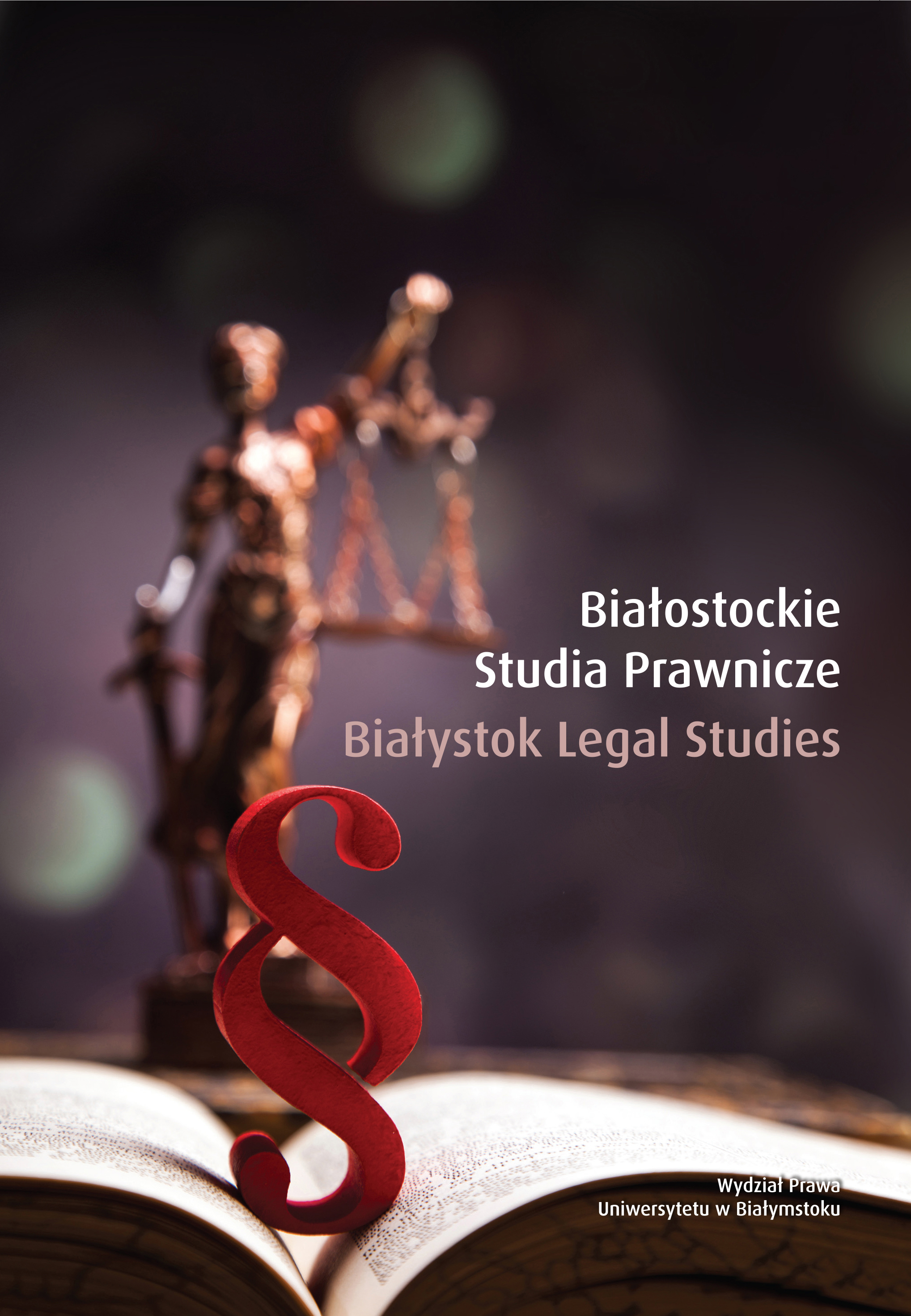Pozycja ustrojowa Prezydenta Nikaragui w kontekście nowelizacji Konstytucji z 10 lutego 2014 r.
Abstrakt
The latter Reform of the Political Constitution of the Republic of Nicaragua, entered into force in February 2014. The law has strengthened the political position of the president. He gained new competences and presidential term limits set by the constitution were overturned, thus creating the possibility to hold the office indefinitely.The purpose of the article is to present the political position of the president of Nicaragua. and includes the changes introduced by the latter reform. The author assesses the reform and in particular removal of the reelection ban which may be viewed as a threat to democracy.Bibliografia
Aguilar Altamirano Alejandro, Ada Esperanza Silva, Adelmo Sandino, Mireya Zepeda Rivera. 2014. Novena reforma constitucional 2014. El cambio de las reglas del juego democrático en Nicaragua. Managua: Instituto de Estudios Estratégicos y Políticas Públicas.
Anderson Leslie E., Lawrence C. Dodd. 2005. Learning Democracy. Citizen engagement and electoral choice in Nicaragua, 1990-2001. Chicago: The University of Chicago Press.
Castro Rivera Edwin, Sergio J. Cuarezma Terían. 2008. A 21 años de la Constitución Política: vigencia y desafíos. Managua: Instituto de Estudio e Investigación Jurídica.
Esguevera Gómez Antonio. 2005. „Contexto histórico de las constituciones y sus reformas en Nicaragua. Instituto de Historia de Nicaragua y Centroamérica”. Revista de Derecho 10: 93-113.
Gerpe Landín Manuel, Joan Vintró Castells. 1996. „Aproximación a la reforma constitucional de Nicaragua”. Papers. Revista de Sociologia 49: 105-118.
Gruszczak Artur. 2007. Ameryka Środkowa. Warszawa: Wydawnictwo TRIO.
Martí i Puig Salvador. 2009. Nicaragua y el FSLN (1979-2009): ¿Que queda de la Revolucion? Barcelona: Edicions Bellaterra.
Martínez Barahona Elena, Amelia Brenes Barahona. 2012. „„Y volver, volver, volver…” Una análisis de los casos de intervención de las Cortes Supremas en la Reelección Presidencial en Centroamérica”. Anuario de Estudios Centroamericanos. Universidad de Costa Rica 38: 109-136.
Serrafero Mario. 1998. „Presidencialismo y parlamentarismo en América Latina: un debate abierto.” Revista Mexicana de Sociología 60 (2): 165-186.
Serrafero Mario 2015. „El control de la sucesión: reelección y limitaciones de elección presidencial por parentesco en América Latina”. Revista de estudos e pesquisas sobre as Américas 9 (1): 81-103.
Tremino Sánchez Ilka. 2013. „Las reformas a la reelección presidencial en América Latina”. Estudios Sociológicos, 31 (91): 59-85.
Walker Thomas, Christine J. Wade. 2011. Nicaragua. Living in the Shadow of the Eagle. Boulder: Westview Press.



